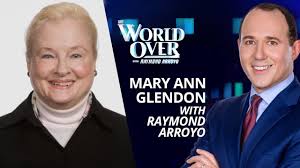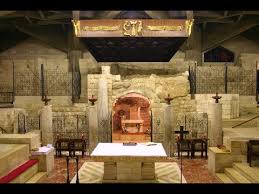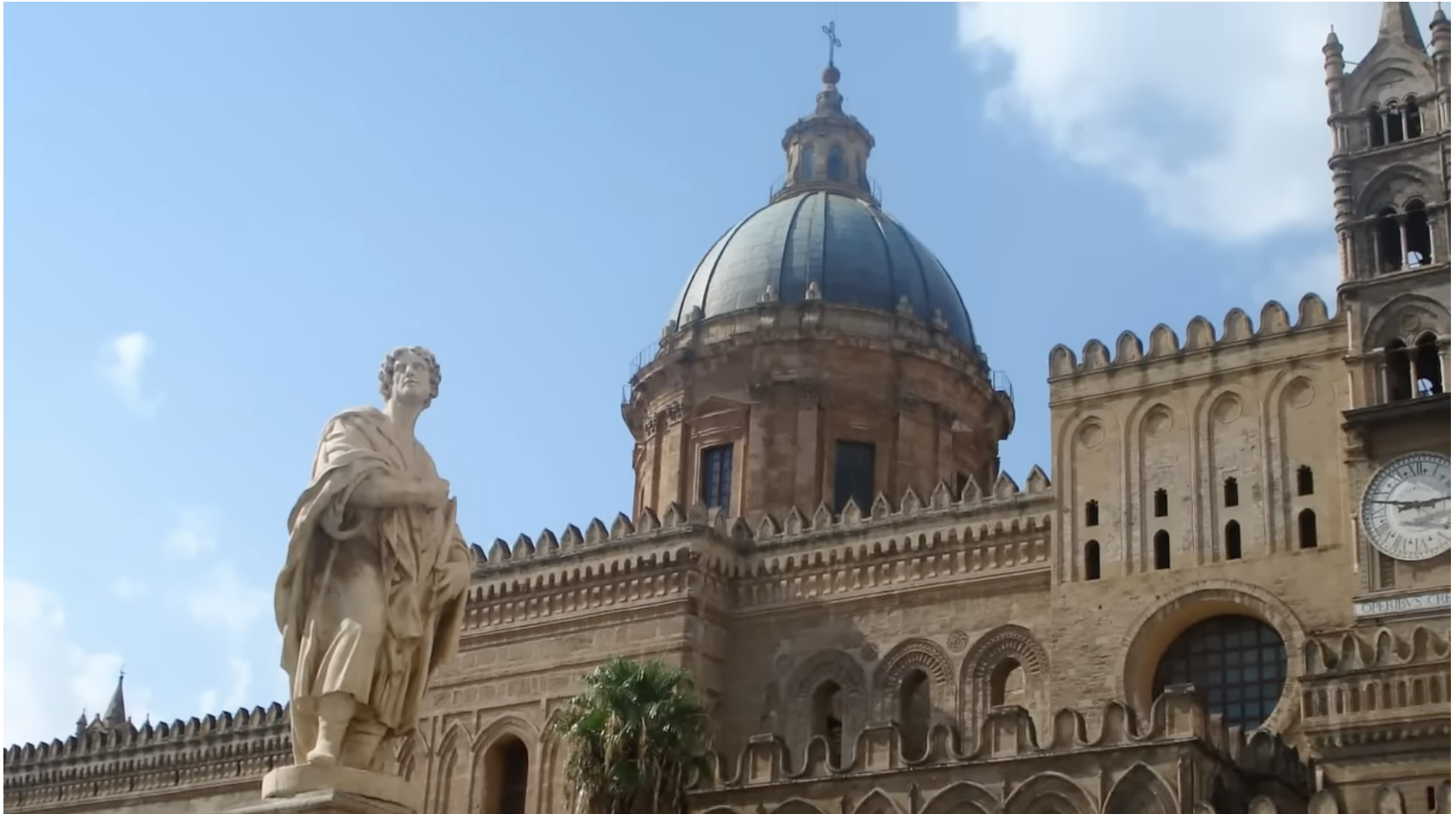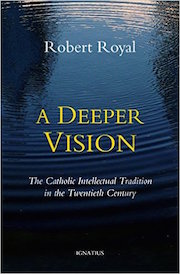Much has happened since I first published my original article, “Pope Francis and Schism,” in The Catholic Thing on October 8, 2019. What has taken place in the intervening years has confirmed many of the points I made then. Here, at Robert Royal’s request, I would like to revisit and expand upon several of them.
First, Pope Francis’ dislike for and criticisms of the Catholic Church in the United States have intensified. As I noted in the earlier column, the American Catholic Church is the foremost critic of Francis’ often theologically ambiguous statements. Over the past four years, as Francis’ ambiguities have proliferated, often given in mid-flight and off-the-cuff, so has criticism of his statements and ecclesial policies mounted.
This ever-growing critical response, from multiple outlets and spokespersons, comes not so much from the American clergy, but from the American Catholic laity. In no other country is there such an educated laity, men and women who are faithful to the Church, as in the United States. Francis has found it impossible to respond to this theological and philosophical challenge from American lay Catholics – other than by calling them rigid and backward-looking.
But the American Catholic laity have not been, are not now, and will not in the future be bullied into silence. Such verbal ridicule is merely a sign that this pontificate is not intellectually prepared to engage the issues, and so has already lost the scholarly battle.
Second, when I wrote my original piece four years ago, the German synodal path was still in the future. Nonetheless, I was quite concerned that it could lead to a German schism. That German synodal path has now been completed. And there is, for all practical purposes, a schism. What it has proposed is not in accord with the Church’s unchanging magisterial tradition – particularly concerning sexual morality, and the ordaining of women and married priests.
Though the Vatican’s Dicastery for the Doctrine of the Faith has expressed its concerns, nothing substantial has taken place to rectify the doctrinal and moral issues. Moreover, while Francis criticizes the American Church, he remains all but silent concerning the Church in Germany.
And as predicted, whether Pope Francis wanted it or not, this German synodal path has now become a kind of template for the Synod on Synodality that begins this week and will continue for the month of October. Likewise, the Synod on Synodality – despite the frequent claims of its main organizers that it is not intended to change doctrine but is merely an occasion for “walking together,” listening, and dialogue – may very well be a covert way for Pope Francis’ theological and ecclesial ideological agenda to be affirmed and enacted.
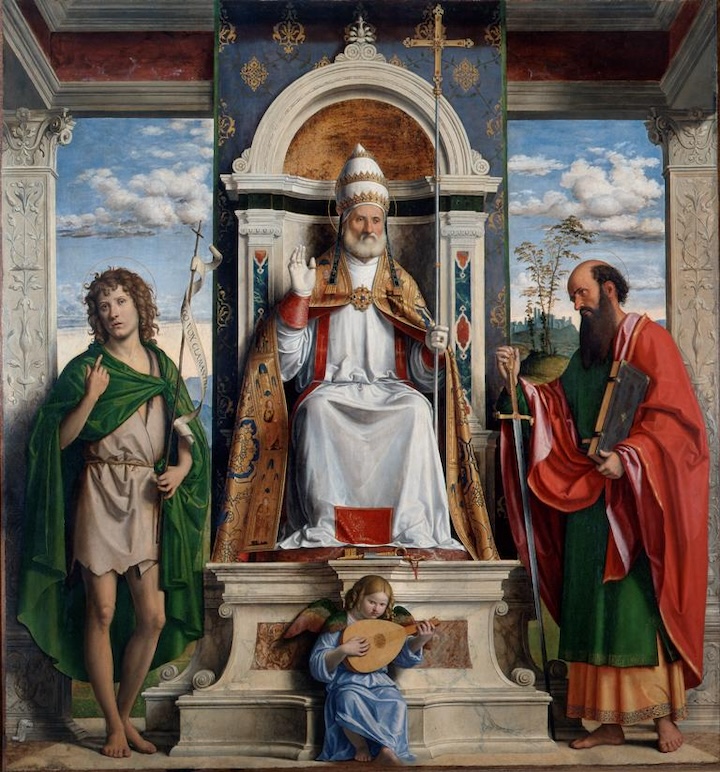
Third, there are concrete signs that this may be the case. Pope Francis, on numerous occasions, has expressed his desire for complete transparency. Nothing that is significant for the good and wellbeing of the entire Church should be kept secret behind closed doors, he’s said. There should be open and frank discussions among all parties involved.
In recent weeks, however, we’ve been told that the Vatican Communications Office may be the only official channel of information or requests for interviews. There may be only weekly briefings; in the past, they were essentially daily. Journalists have noted that this is hardly in accord with the principle of openness and transparency.
And, of course, there is always the worry that what the Vatican Communication Office will say during press conferences and the written transcripts it will provide will be sanitized so as to reflect favorably the pontiff’s own agenda. We may hope this will not be the case, but the precedents at previous synods are not encouraging.
Moreover, although Francis rightly stated that the Synod is not a television show, what will be lacking with strict limits on reporting, however, is the Synod’s drama, that is, analysis of the news and various assessments from different perspectives by a variety of reporters – an on-the-scene evaluation of the several theological and philosophical factions, and the tensions among the participants.
Fourth, amid all the talk of a synodal church, a church where authority is decentralized and exercised in a more localized manner, Francis, over the years, has also accrued more and more authority unto himself alone. He has issued dozens of motu proprios, that is, papal decrees whereby he has become the sole authority over a multiplicity of ecclesial matters. Such centralizing of power in one man, however, undermines the legitimate authority of others, not only within the Vatican Curia, but also within the episcopate at large.
Fifth, although Francis has appointed worthy men to the episcopate, he continues to select others who have dubious credentials regarding the Church’s doctrinal and moral teaching. This is particularly the case among those whom he raises to the Sacred College of Cardinals. This pattern is especially disheartening since many loyal and faith-filled bishops have been passed over.
The things I was concerned about four years ago in “Pope Francis and Schism” have not improved but have gotten worse. Unfortunately, in this troubling situation, various ultra-conservative Catholic individuals and groups have condemned Pope Francis outright. This is not only unfair to him, but it also obstructs any way forward.
I myself still live in hope. I believe the Catholic faithful, especially in the United States, Poland, and the developing world, particularly in Africa, will remain loyal to the Gospel of Jesus Christ and to the ever-living magisterial tradition of the Catholic Church. In so doing, the Church will resist evil and remain the ever-holy bride of Christ. We can be confident that, in God’s good time, truth will win the day. And we have it on the best authority that the gates of Hell will not prevail.
__________


